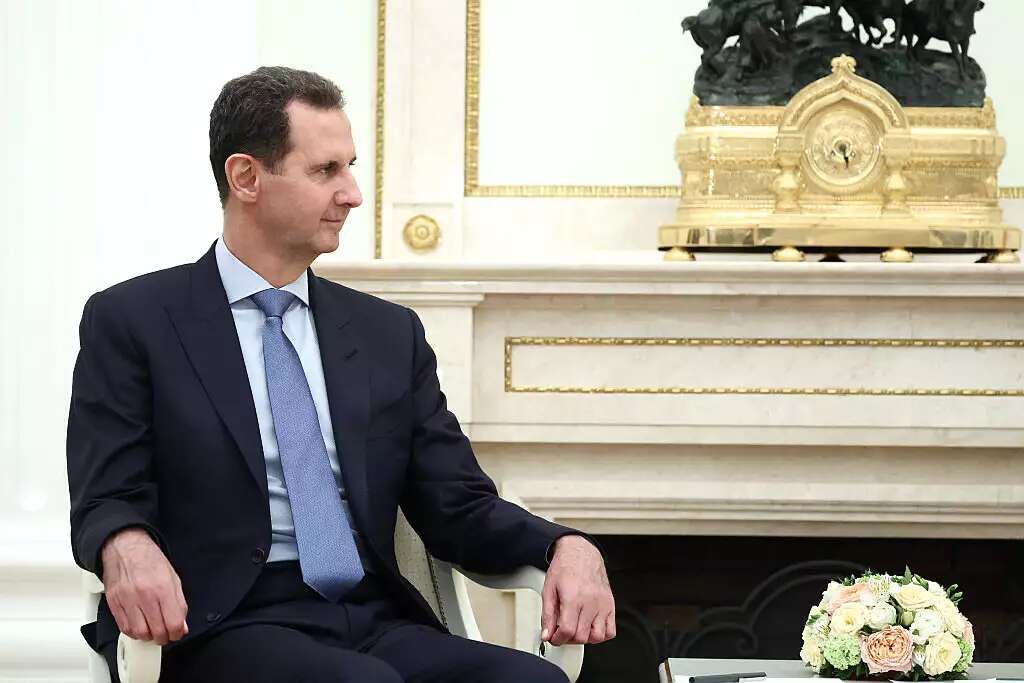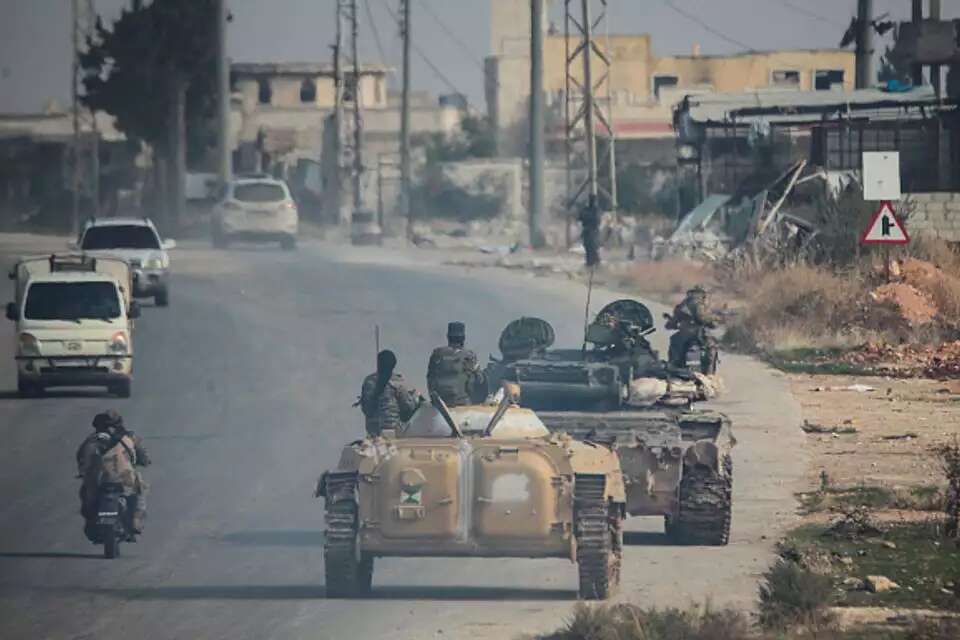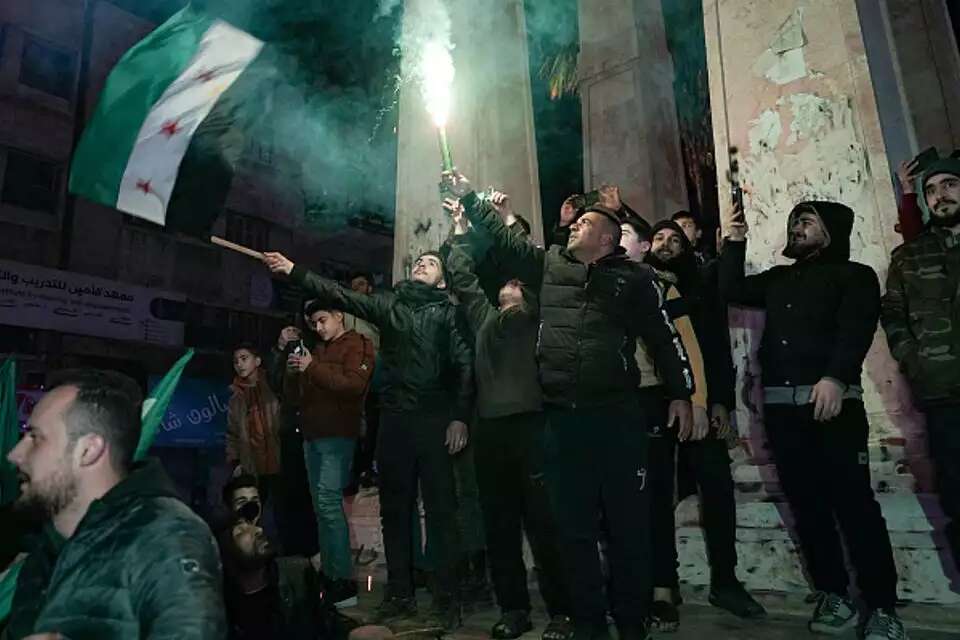Syrian rebels stunned the world on Wednesday with a large-scale surprise attack on the defensive lines of Syrian President Bashar al-Assad's regime in the country's north. In less than 72 hours, the rebels seized vast parts of Aleppo, Syria's second-largest city, which had taken Assad's forces over four years to capture from the opposition.
Video: Rebels arrive in Aleppo, Syria. Source: Arab networks
The rebels employed tactics all too familiar to Israelis: rocket fire, drones, and surprise raids by light forces using pickup trucks from hidden positions and pre-prepared tunnels to evade the Russian and Syrian air forces that dominate the skies. The operation was a resounding success, leaving the Syrian army and its allies—Iranian militias and Russian forces—caught off guard and in disarray. Images and videos circulated of rebels celebrating their victory, taking prisoners, capturing abandoned Syrian military equipment, and chanting religious slogans with fervor.

But who are these rebels, and where did they emerge from after years of Syria's civil war slipping from global awareness? The answer is complex, much like the intricacies of Syrian insurgent politics. Broadly speaking, the rebel forces can be divided into two primary factions.
Tahrir al-Sham
The first faction is Hay'at Tahrir al-Sham (HTS), or simply Tahrir al-Sham. This is an extremist Islamist organization with roots in al-Qaeda operatives who joined the uprising against Assad early on. HTS is led by Abu Mohammad al-Julani, the most powerful figure among the Syrian rebels and the driving force behind the northern offensive.

HTS has been preparing for this offensive for over two years, undergoing extensive training—likely with funding and support from Gulf states—and building underground command infrastructures while stockpiling weapons and ammunition from Turkey. How extreme is HTS? While Julani has softened some of his positions over the years, at least publicly, many of the group's members are former al-Qaeda and ISIS fighters, some of whom proudly bear the Islamic State flag on their uniforms.
The Syrian National Army
The second major force leading the offensive is a coalition of dozens of groups under the umbrella of the "Syrian National Army" (SNA), a body that receives direct military support from Turkey and enjoys unwavering backing from Ankara. The groups within the SNA are diverse, ranging from moderate, nationalist-oriented factions to outright Islamist groups. Notably, not all these groups cooperate smoothly; in recent months, some have openly clashed with one another.

While only one of these factions is directly linked to Turkey and its support, both rely heavily on Turkey's military presence in northern Syria for survival. Turkey's involvement in northern Syria, particularly between 2017 and 2018, helped the rebels stabilize their frontlines and prevent the fall of Idlib Province, the last major rebel stronghold in Syria. This province has become a kind of "Wild West," using Turkish currency and hosting hundreds of thousands of refugees struggling to survive in dire conditions.
The perfect storm
From this region, which spans large parts of northern Syria, the rebels have been meticulously planning to take back their country. A lethal convergence of Turkey's desire for revenge against Moscow and the weakening of the Iranian axis—due to the blows suffered by Hezbollah in Lebanon—turned months of meticulous preparation into a "perfect storm."
The Syrian civil war, far from over, continues to reshape alliances and redraw the lines of conflict, with consequences reverberating across the region and beyond.




